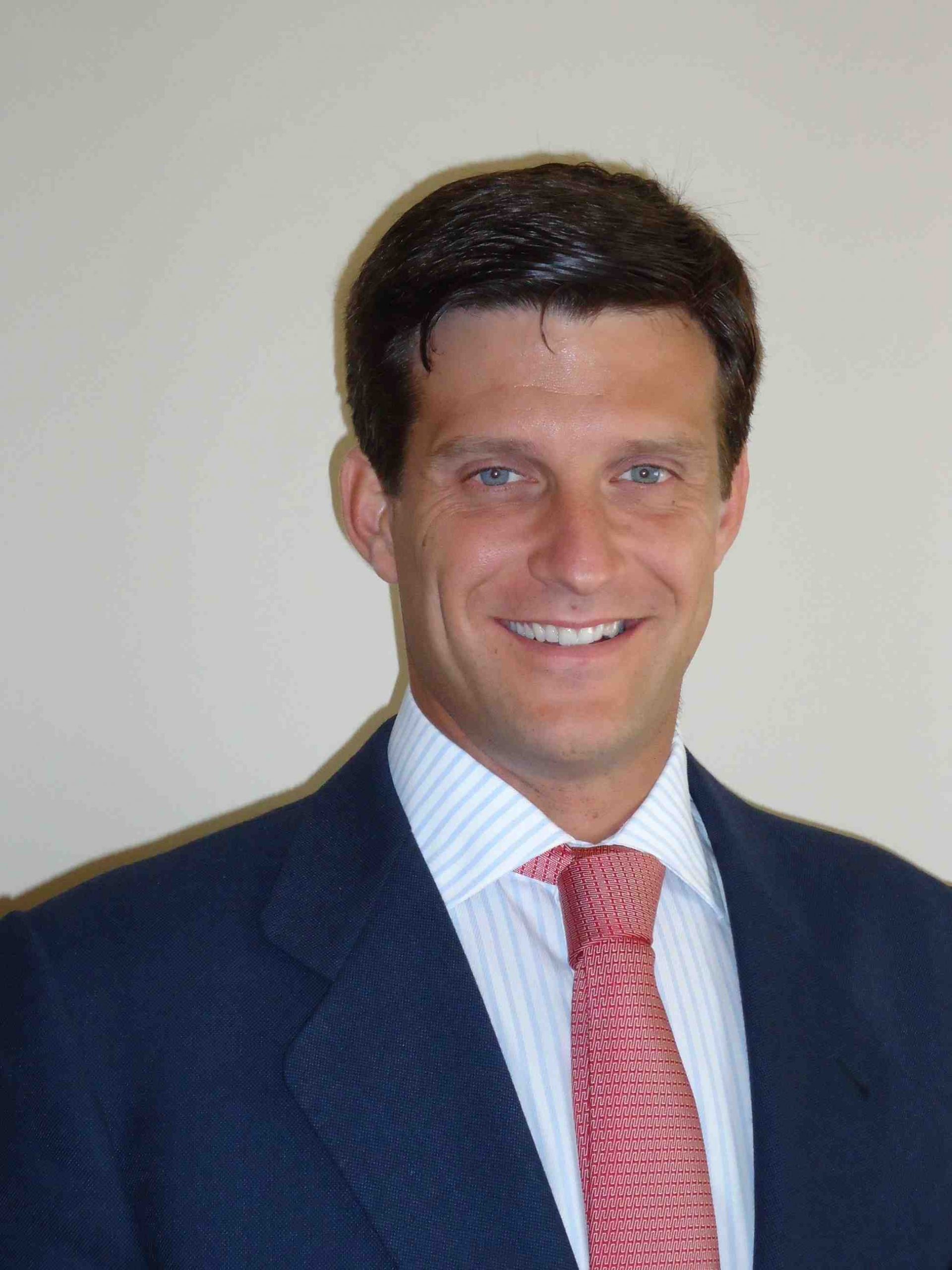Japan: Goodbye Deflation?
| For Fórmate a Fondo | 0 Comentarios

Shinzō Abe had ambitious plans following his re-election as Prime Minister of Japan in 2012. He was prepared to pull all the levers available to him, in the form of radical economic and reformist polices, to end Japan’s ‘lost decades’ of crippling deflation. While the success of his reformist policies might be up for debate, his monetary and fiscal stimulus plans have finally seen both inflation and the stock market moving in the right direction – upwards (see chart below). “Abe ‘gets it’: everything that can be done to end deflation and return to growth must be done. And the only way to dig yourself out of deflation is to aggressively inflate your way out of it”, writes the Japanese Equity Team at Henderson.
Land of rising inflation (just)
Banks bounce back
These policies have helped Japanese equities to become one of the best performing asset classes so far this year, albeit at the expense of a significantly weakened yen. One particular beneficiary has been financials, point out Henderson. In recent years the sector has been buoyed by banks finally writing-off legacy bad loans, leaving their balance sheets stronger than most of their developed world counterparts. In addition, the banks’ Tier 1 capital ratios have been buoyed by the surge in the equity market.
For most western banks, this capital tends to be held in low-risk fixed income assets, with a low percentage held in equities. However, in Japan a significant proportion is held in non-financial domestic equities. In a reflationary environment, this surge in equity shareholdings has bolstered the capital of banks, leaving them far more sufficiently capitalised to withstand any unforeseen shocks, while also being well positioned to benefit from any recovery in the domestic economy.
The road ahead
Longer term, financials are set to benefit from any rise in interest rates, which have remained ultra-low in Japan for decades. A rise – albeit likely a very small and gradual one – would allow banks to earn a higher net interest margin. That is, the margin on what can be earned from the lending activities of banks, versus what is paid to depositors, increases. However, this currently feels like a distant prospect, with markets not forecasting a rise in rates until the second half of 2016.
“In the meantime, we see opportunities in those domestically-orientated companies that are likely to benefit from a recovery in the economy. Most notably the service and retail sectors should benefit, following the lull induced by the 2014 consumption tax hike, which saw the tax on goods and services rise from 5% to 8%. Stocks we hold in these sectors include Rakuten, Japan’s leading ecommerce company, and Fujitsu. The latter has new management, which we hope will focus more on its highly cash-generative core IT service business”, explains the Japanese Equity Team.
“It is too early for Abe to claim economic victory. However, should he continue with his economic and reformist policies, we could finally see a return to something approaching ‘normality’, much to the relief of the country’s ever-patient investor base”, concludes.








